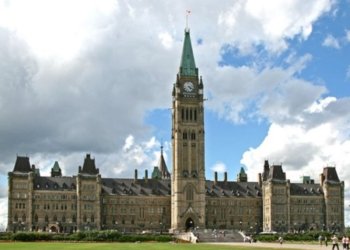Trade with disputed territories presents complex legal challenges under international law and the World Trade Organization (WTO) framework. These territories, where sovereignty is contested, often face unique trade restrictions and regulations. Understanding the legal landscape is crucial for policymakers and businesses engaged in international trade. This article delves into the intricacies of trading with disputed territories, exploring the relevant WTO agreements and the broader implications for global trade.
The Complexity of Sovereignty and Trade
Disputed territories are regions where sovereignty is not universally recognized, leading to significant legal and trade challenges. These areas include regions like Western Sahara, Taiwan, and Crimea. The WTO’s approach to these territories is often based on practical control rather than political sovereignty, creating a patchwork of regulations. For instance, the EU’s selective trade policies towards Israeli settlements highlight the inconsistencies in international trade practices.

The legal status of these territories under WTO agreements, such as the General Agreement on Tariffs and Trade (GATT) and the Agreement on Rules of Origin, is often ambiguous. This ambiguity can lead to disputes and litigation, as seen in cases involving imports from Israeli-occupied regions. The WTO’s role in resolving these disputes is crucial, yet challenging, given the political sensitivities involved.
Moreover, the recent escalation of territorial conflicts, such as those in Eastern Ukraine, underscores the urgency of addressing these legal challenges. The WTO must navigate these complexities to ensure fair and consistent trade practices, balancing legal principles with geopolitical realities.
WTO Agreements and Disputed Territories
The WTO’s agreements play a pivotal role in regulating trade with disputed territories. The General Agreement on Tariffs and Trade (GATT) sets the foundation for international trade rules, but its application to disputed territories is often contentious. The Agreement on Rules of Origin and the Agreement on Technical Barriers to Trade further complicate the legal landscape.
One of the main challenges is defining the jurisdictional boundaries of these territories under WTO agreements. The WTO typically treats these areas as separate customs territories rather than sovereign states, leading to varied interpretations and applications of trade rules. This approach can result in inconsistent trade policies, as seen in the differing stances of the EU and the USA towards regions like Western Sahara.
The WTO’s dispute settlement mechanism is another critical aspect. While it provides a forum for resolving trade disputes, its effectiveness in dealing with issues related to disputed territories is limited. Political considerations often influence the outcomes, making it difficult to achieve impartial resolutions. The paralysis of the WTO Appellate Body further exacerbates these challenges, undermining the credibility of the dispute settlement system.
Implications for Global Trade
The legal challenges of trading with disputed territories have far-reaching implications for global trade. Businesses operating in these regions must navigate a complex web of regulations and potential legal disputes. The uncertainty surrounding the legal status of these territories can deter investment and hinder economic development.
For policymakers, the key challenge is to develop coherent trade policies that balance legal obligations with political realities. This requires a nuanced understanding of both international law and the specific circumstances of each disputed territory. The WTO’s role in facilitating this process is crucial, but it must also adapt to the evolving geopolitical landscape.
In conclusion, trade with disputed territories remains a contentious and complex issue under international law and the WTO framework. Addressing these challenges requires a multifaceted approach, involving legal, political, and economic considerations. As territorial conflicts continue to evolve, the need for clear and consistent trade policies becomes ever more pressing.




































